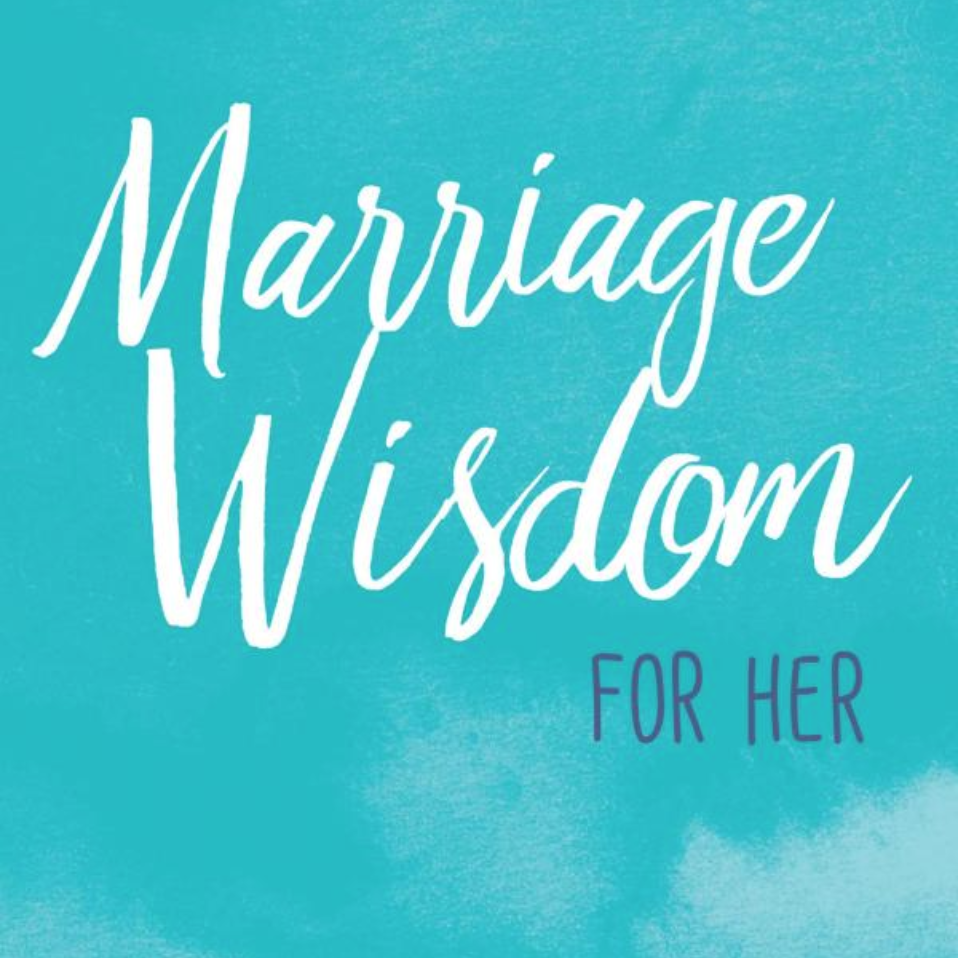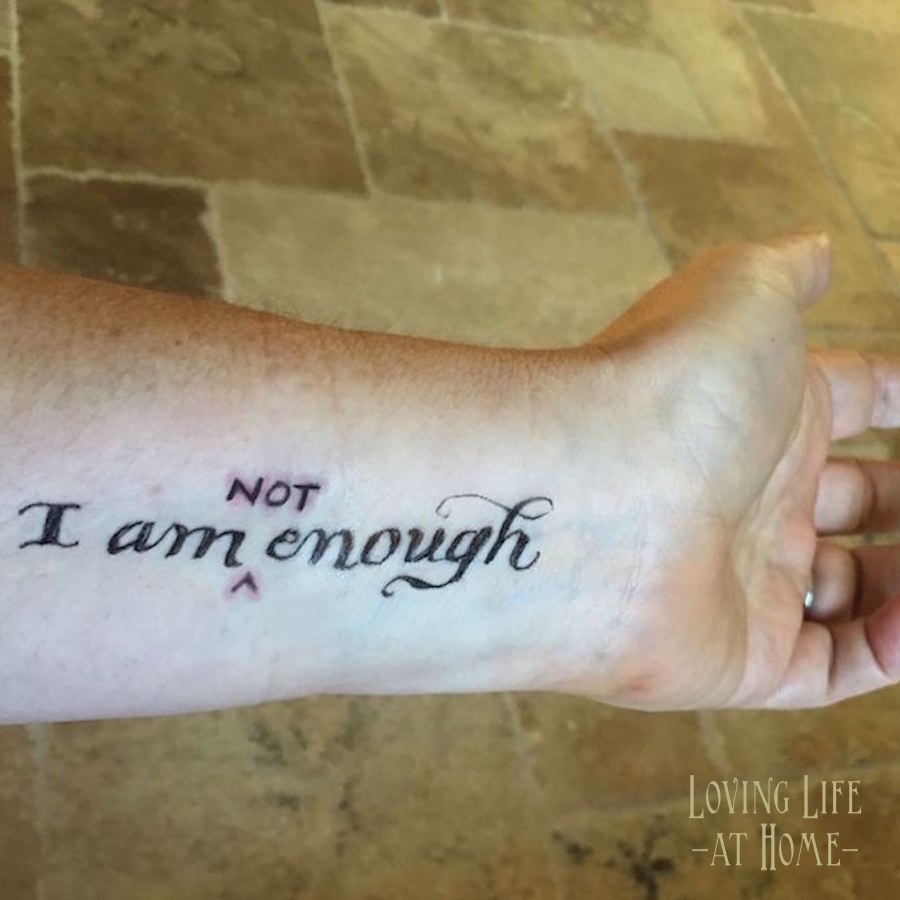On Becoming Free Indeed

I recently finished reading Becoming Free Indeed by Jinger Duggar Vuolo. In it, the author re-examines many of the beliefs and practices she’s embraced since childhood as a result of her family’s involvement with the Institute of Basic Life Principles. Her goal? To disentangle man-made rules from biblical truth.
Making such distinctions is a worthwhile endeavor for any of us. It is vitally important that we neither add to scripture nor take away from it. (Deuteronomy 4:2; Revelation 22:18-19) Otherwise, we risk putting our faith in a false gospel and, even worse, preaching it to others. (Galatians 1:6-9; 2 Peter 2:1-2)
 So I was happy to see Jinger rejecting excessive external rules that go beyond the dictates of scripture — or at least coming to recognize them for what they are: matters of personal preference rather than direct commands of Christ.
So I was happy to see Jinger rejecting excessive external rules that go beyond the dictates of scripture — or at least coming to recognize them for what they are: matters of personal preference rather than direct commands of Christ.
In rethinking her stance on such things as clothing, music, and educational choices, Jinger has, by her own admission, had to repent of the self-righteous pride and judgmental spirit that often accompanies such a works-based belief system. She seems to be in a much healthier place now than she was before.
We can all learn from Jinger’s experience. I’ve listed several important take-aways below, along with some crucial balancing truths. A thorough understanding of the following distinctions is vital to experiencing true freedom in Christ while avoiding extremes in either direction.
Legalism v. Liberalism
Legalism does not equal godliness
Some believers love rules. They like having a detailed system that spells out exactly what they (and everyone else) should or shouldn’t do. They want hard and fast directives about which foods, manners of dress, books, movies, music, and career paths are permissible and which are not.
But legalism is a dangerous corruption of true Christianity. It tempts us to trust in our own works rather than placing our faith in Christ alone. Legalism will ultimately lead believers far astray from the narrow path God calls Christians to walk.
“Jesus replied, “And you experts in the law, woe to you, because you load people down with burdens they can hardly carry, and you yourselves will not lift one finger to help them.” (Luke 11:46)
Balancing Truth: Grace does not equal a free pass to sin
Some believers love license. They don’t like anyone (including God) telling them how to live. They want to do exactly as they please when they please and how they please, exercising complete autonomy in deciding what and how much to eat or drink, how to dress, what media to consume, with whom to associate, etc. Their motto: If it feels good, do it.
Yet liberalism and licentiousness represent as dangerous a corruption of true Christianity as does legalism. Such a mindset tempts us to trust in tolerance rather than submitting ourselves to the Lordship of Christ. Living for yourself will keep you enslaved to sin and lure you far away from the narrow path God calls Christians to walk.
“Well then, since God’s grace has set us free from the law, does that mean we can go on sinning? Of course not! Don’t you realize that you become the slave of whatever you choose to obey? You can be a slave to sin, which leads to death, or you can choose to obey God, which leads to righteous living.” (Romans 6:15-16)
Personal Preferences v. Clear Commands
We shouldn’t pretend matters of taste are commands from God
In many areas of life, God gives a great amount of leeway for personal preference. He has uniquely blessed each of us with different gifts, talents, abilities, and aptitudes. (Romans 12:6-8; 1 Peter 4:10) Moreover, He grants us freedom to decide how to use all those skills and giftings for His glory. (1 Corinthians 10:31)
Personally, I enjoy wearing dresses, reading non-fiction, eating vegetables, listening to classical music, going barefoot, staying home, and doing needlework. Yet each of these practices is a matter of taste, not a requirement for righteous living. It would be foolish and wrong for me to treat my opinions in these areas as universally binding. So I don’t.
That is why you’ll see my daughters wearing shorts, reading novels, eating barbecue, listening to 80s bands, earning college degrees, and pursuing careers outside of the home. They all share my desire to honor God in everything — as do my husband and sons — but the working out of that goal may look different from one individual to the next.
“One person considers one day more sacred than another; another considers every day alike. Each of them should be fully convinced in their own mind. Whoever regards one day as special does so to the Lord. Whoever eats meat does so to the Lord, for they give thanks to God; and whoever abstains does so to the Lord and gives thanks to God.” (Romans 14:5-6)
Balancing Truth: God’s commands shouldn’t be treated as matters of taste
In many areas of life, God gives clear commands for our protection. He forbids murder, theft, and adultery, for example. (Exodus 20:13-15) He hates a lying tongue and tells us to flee from sexual immorality. (Proverbs 6:17; 1 Corinthians 6:18). He requires us to act justly, to love mercy, and to walk humbly in our service to Him. (Micah 6:8)
Believers shouldn’t ignore, marginalize, or disregard such straightforward directives. We should never treat as optional something God reveals as imperative. Honesty, integrity, love and compassion for others, humility, sexual purity — these are all non-negotiable in the life of a committed Christian.
“If you love Me, you will keep My commandments.” (John 14:15)
Traditions of Man v. Authority of Scripture
Man’s traditions should never take precedence over God’s Word
Faith traditions, like family traditions, can enrich life and bring a sense of order and continuity to our days and special celebrations. Yet traditions that don’t line up with Scripture should be immediately forsaken.
The same goes for any other teaching or practice that is contrary to Scripture. Whenever we put man’s words on par with the Bible, we risk being deceived by those who would twist or misinterpret Scripture (intentionally or not) to support their faulty beliefs or lead the gullible astray.
“See to it that no one takes you captive through philosophy and empty deception, according to the tradition of men, according to the elementary principles of the world, rather than according to Christ.” (Colossians 2:8)
Balancing Truth: God’s Word takes priority over everything else
The Bible is true and can be trusted absolutely. (Psalm 19:7-9) But instead of relying exclusively on others to teach God’s Word to you, you should read and study it for yourself, in context, letting the Bible interpret the Bible. (2 Timothy 2:16)
Commit it to memory. (Psalm 119:11) Let it be a lamp to your feet and a light to your path. (Psalm 119:105) Meditate on it day and night. (Psalms 1:1-2) And examine everything you see, hear, or read in light of Scripture to determine whether it is true and trustworthy. (Acts 17:11)
“All Scripture is inspired by God and profitable for teaching, for reproof, for correction, for training in righteousness; that the man of God may be adequate, equipped for every good work.” (2 Timothy 3:16-17)
I cannot overemphasize the importance of this last point. A thorough knowledge and understanding of God’s Word is essential to being able to think critically and identify false philosophies whenever and wherever we encounter them. The Bible serves as an anchor to keep us from being driven and tossed by every wind of doctrine. (Ephesians 4:14)
Error must be rejected, no matter how much we may admire or respect the person who taught it. And truth should be accepted, even if the one espousing it does not share our cultural, theological, or political beliefs, opinions, or practices.
Sadly, we live in a society that has completely forgotten how to discuss or debate differing viewpoints in a rational, respectful way. Instead, we rush to silence anybody who does not agree with us 100% on every single point — which will inevitably lead to everyone being silenced. That makes me sad, because it robs us of the opportunity to listen and learn from others, to be challenged and stretched, and to gain wisdom and understanding as we grow in our ability to explain and defend our own positions and beliefs.
A Different Perspective
Interestingly, I, like Jinger, attended several IBLP seminars myself back in the 80s. In fact, I had a lively discussion there with another seminar attendee — a stranger I’d never before met — who approached me during a break to tell me that the jeans I was wearing at the time were an “abomination before God.” 😳 (Just for the record, I did not find his argument the least bit convincing and still wear jeans today, although, as previously stated, I prefer dresses as I think they’re more comfortable and less restrictive.)
Despite that one awkward conversation, I enjoyed the seminar overall. Having been raised by parents who valued critical thinking and had taught me to “eat the meat and spit out the bones,” I benefited from much of the material presented there.
It was through the Institute of Basic Life Principles that I first discovered the importance of accepting with gratitude the way God made me (red hair, freckles, towering height, and all), where I was first challenged to commit large passages of scripture to memory (a practice I continue to this day), where I first learned how to fully forgive offenders (which in turn protects me against bitterness, resentment, and self-pity), and where I first heard about homeschooling (an option for educating my children that I absolutely LOVE), just to mention a few.
So my experience differed significantly from what Jinger describes in Becoming Free Indeed. Perhaps the conferences became more extreme in the years after I attended. Or maybe the differences in our perspectives stem from the fact that she was surrounded by a community that reinforced, amplified, and possibly even exaggerated the teachings, while I was not. Certainly her involvement in the Advanced Training Institute gave her a much closer look at the inner workings of IBLP than I ever had.
In reading Jinger’s account, I was glad to hear her affirm her deep love and respect for her parents. But I was especially thankful to learn that her strong faith in God remained intact throughout the “disentangling” process she describes. Sadly, that is not always the case for kids who start to question things they formerly believed.
Yet, such questioning is a part of growing up and is often a necessary step in the process of our children making their parents’ faith their own.
It’s also a compelling argument for teaching our children always and only what is TRUE, grounding them firmly in the Word of God (without adding to or detracting from its message) and praying for them, that God in His mercy would make up for our lack as parents and draw our children to faith from an early age so that they, too, can experience the freedom — true freedom — that is available only through a saving knowledge of Jesus Christ. (John 8:32, 36; Galatians 5:1)







I also grew up going EVERY YEAR (once I was old enough) to those seminars. They did add value to my life, and gave me a foundation to build on, but I have to admit, I feel a bit brainwashed by them and still check my thought processes when I encounter some “Christian” topics. I grew up in a legalistic church, in legalistic camps, and even some college years at ultra conservative schools (who have had to reconsider their rules and implementations)…it is hard to break away from the thought process sometimes. I’ve seen many of my friends and family completely throw out all they grew up learning, become skeptics of anything Christian, and this makes me sad as they cannot separate the good and refuse the untruths.
Yes, sometimes the bathwater gets so murky, it’s easy to understand why folks would mistakenly throw the baby out when emptying the tub. But that is never the right answer. Just as a parent should grab hold of their child, wrap him in a towel, and keep a firm grasp on him before attempting to toss out the befouled water, Christians should cling tightly to Christ as they try to flush out any polluted doctrine that has seeped into their thinking but that contradicts the truth of God’s Word.
Thank you, Jennifer, for this informative synopsis! You covered excellent points. I was afraid she was just going to bash her lovely parents who were simply doing the best they knew how. I only saw one episode of their show, and don’t follow any of them, but still have great respect for her parents.
Thanks, Janine. I feel the same way. We’ve never followed their show, but I’ve read several of their books and have crossed paths with Jim Bob and Michelle a couple of times. They are very sweet and sincere.